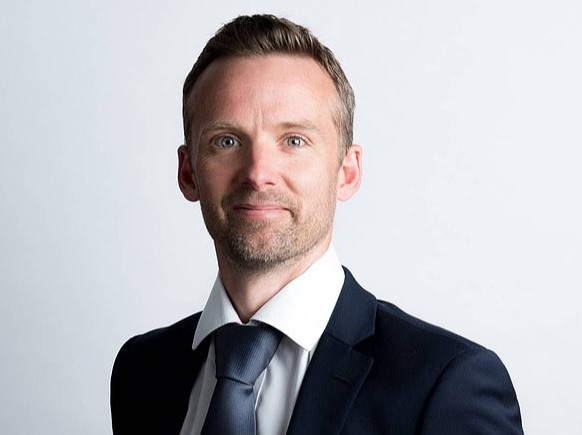The State Pension could reach £220 by 2024, according to calculations from wealth manager and Financial Planner Quilter based on Bank of England predictions.
It reckons the full new state pension could climb to £219.90 for the 2024-25 year.
It is currently at £185.15 a week but will climb to £203.85 from next April, as long as the government honours its manifesto promise of keeping the Triple Lock in place.
That would mean the pension climbing by September’s 10.1% rate of CPI in April 2023. Meanwhile the basic state pension would be increased to £156.20 a week next year from its current level of £141.85.
Last week the Bank of England predicted that inflation was set to be 7.9% in the third quarter of 2023.
If that prediction holds true and the Triple Lock is honoured then the full new state pension would climb to £219.90 and the basic state pension to £168.55 in April 2024.
Jon Greer, head of retirement policy at Quilter, said: “The government will be weighing up at the moment whether they honour their manifesto promise of keeping the Triple Lock in place or opt to increase the State Pension by a different measure in the face of a very difficult and uncertain economic outlook.”
He said that whether to keep the Triple Lock in place this year and next or ditching it altogether will be a difficult decision for Rishi Sunak and Chancellor Jeremy Hunt.
Mr Greer said: “In the face of huge inflation, pensioners across the country will be hoping that the government honours its previous commitment, especially since they had a low increase in April 2022.
“The Triple Lock is proving to be a political hot potato for the government and Mr Sunak will need to make a decision either way soon to help pensioners plan for their finances particularly at a time when finances are so front of mind.”
Mr Greer said the Triple Lock does not work for everyone, adding: “Perhaps it may be time to assess whether there is a fairer way to raise the State Pension while preventing more people slipping into the poverty net and having to choose between heating or eating.”

